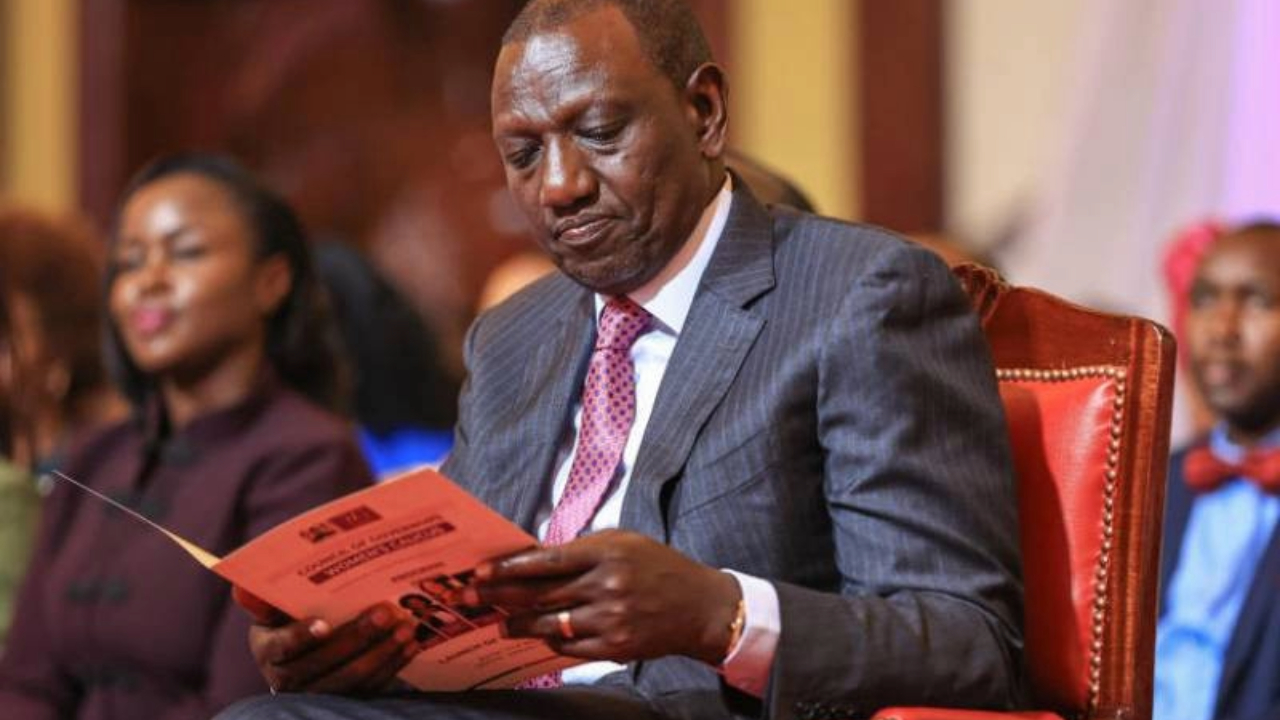Is Peter Ndegwa Struggling At Safaricom?

Leading telecommunication giant Safaricom Plc closed trading at 20.60 shillings per share on the Nairobi securities exchange Wednesday 18th 2023, a new 12- month low or 49 percent below its peak share data.
This follows revelations that 14 top executives at the company had quit, the latest being the board favorite appointee, Safaricom chairman John Ngumi who left the company only months after joining to focus on green energy projects across Africa, according to Bloomberg.
What is of note is that Ngumi only started his role at Safaricom on August 1, 2022, but only lasted a few months with critics saying that his exit from the telco was as a result of the transition in the government with majority seeing him as a close aide to former president Uhuru Kenyatta.
More than half of top executives have also left the company that has time again been ranked as the best employer in the country, this raising eyebrows as to why the mass exodus that has seen names like Sylvia Mulinge (chief customer officer), Debra Mallowah (chief business development officer), Joseph Ogutu (chief special projects) as well as Kris Senanu and Rita Okuth who were chief enterprise business officers.
In a past interview with a local daily, the Safaricom boss alleyed the fears over the exits indicating that this gave the company a chance to source for top local talent to drive innovation at the telco.
This somehow hasn’t seemingly worked as Safaricom’s share price has continued to suffer closing trading as of January 19th 2023 at a KES 21.75 from a high of KES 37 shillings during the same period last year.
This significant drop in the share price of the leading telco in the country has put the chief executive officer of the telco Peter Ndegwa who took over in April 2020 on the spot on whether he is leading the company in the right direction.
The slump in the share price of the company comes at a time when its Ethiopia business is picking momentum which in contrast hasn’t been able to excite movement in share price.
At the announcement of their entry into the Ethiopian Market, Safaricom shares ended trading at KSh.41.80 on the day, a historical number that saw a price to earnings ratio of 24.
Analysts at the time indicated that the stock was currently trading “above fair value heavily driven by sentiment rather than fundamentals. Two years later this analysis has lived up to its prediction.
While there many factors that are emerging as a stiff competition to the performance of Safaricom like the recent democratization of Paybill and till numbers as well as introduction of many players in the internet supply space, it will be up to Peter Ndegwa to come up with a plan to once again drive the company into a space that will excite investors to put their money into it .
For now, it is a question of how low the share price can drop before a turn-around.




